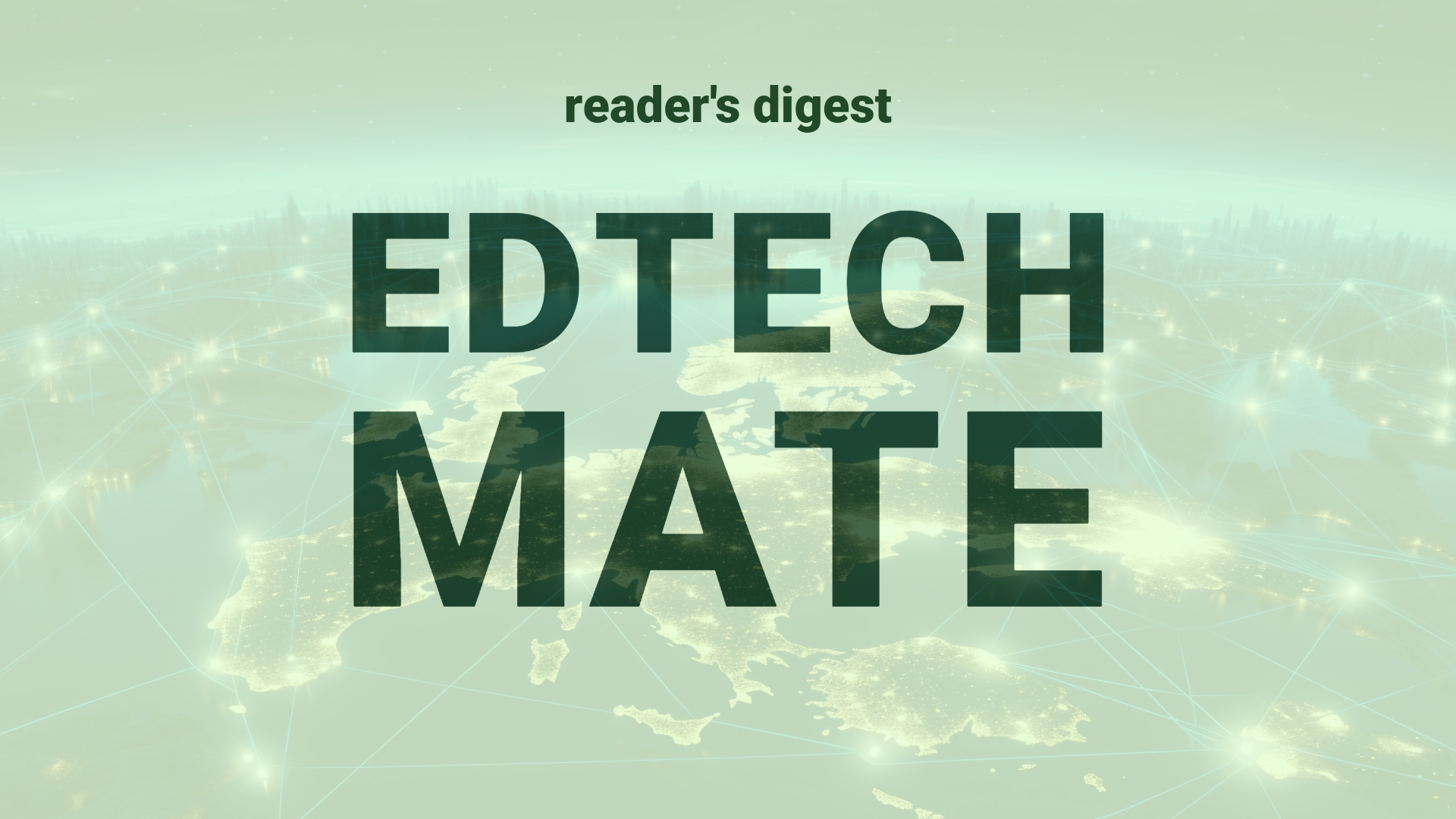“`html
Executive Summary and Main Points
Key innovations and trends in international education include the promotion of diversity and inclusion within the information technology sector. Notably, Ange Nash, CIO at AA Insurance and a distinguished CIO50 New Zealand alum, shares her insights on empowering young women in technology. Nash’s technological upbringing and career progression underscore the importance of gender diversity in IT leadership roles. The spotlight is on breaking down barriers for women in tech, such as imposter syndrome, and enhancing support mechanisms throughout educational and professional life stages. Companies are encouraged to implement flexible work arrangements and combat unconscious bias in recruitment and career advancement. Continuous learning during career breaks, particularly parental leave, is also emphasized for keeping pace with rapid technological changes.
Potential Impact in the Education Sector
The perspectives and experiences shared by Nash could have profound implications for Further Education, Higher Education, and the domain of Micro-credentials. Mentorship and sponsorship programs targeting young women could play a pivotal role in encouraging their participation in tech-related fields. In Higher Education, curriculum development and university policies may be refined to offer more inclusive environments that challenge stereotypes and support diverse student bodies. As for Micro-credentials, continuous learning and development opportunities could keep women engaged with the tech industry even during career breaks, ensuring they return with up-to-date skills and knowledge.
Potential Applicability in the Education Sector
Innovative applications of AI and digital tools can enhance diversity and inclusion within global education systems. AI-powered mentorship platforms could provide personalized guidance and support for students, particularly young women pursuing tech careers. Virtual reality simulations might offer immersive learning experiences that encourage diverse participation. Additionally, data analytics and machine learning can help institutions understand and reduce biases in admissions and hiring processes, creating a more equitable educational landscape.
Criticism and Potential Shortfalls
While the initiatives to encourage young women into IT are commendable, there is potential criticism regarding their implementation and efficacy. Case studies from different international contexts might reveal disparities in accessibility and the impact of such programs. Critics may also point to the ethical and cultural considerations of using AI and digital tools in education, such as data privacy concerns and the digital divide that may exclude certain demographics. Additionally, overcoming deeply ingrained societal and cultural norms that contribute to gender imbalances in tech may require more than policy changes and targeted programs.
Actionable Recommendations
For international education leadership, actionable recommendations include developing comprehensive strategies to integrate IT diversity goals into school curriculums and corporate policies. Collaboration with industry partners can provide real-world insights and facilitate internship opportunities. International educational leaders should consider establishing mentorship schemes, leveraging AI to personalize educational experiences, and creating systems that recognize and foster women’s contributions in technology. Furthermore, policies and practices must be continually reviewed to ensure they remain relevant and effective against the backdrop of a rapidly evolving digital landscape.
“`
Source article: https://www.cio.com/article/1312466/self-belief-is-your-superpower-cio-ange-nash-on-getting-ahead-as-a-woman-in-tech.html

